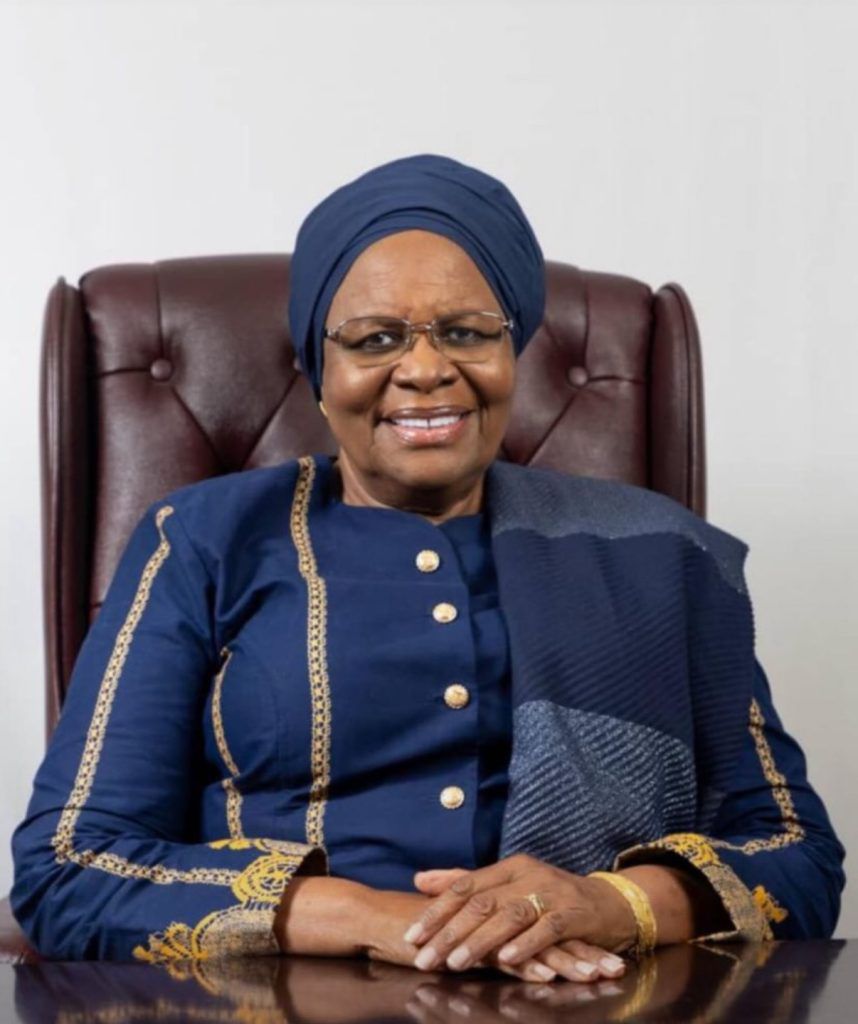ALTHOUGH Namibia is perceived as a middle-income country with a high per capita income, realities on the ground are different, a senior Government official re-emphasised this week.
The Director General of the National Planning Commission (NPC), Helmut Angula, says at a per capita income of US$2 000 (about N$14 000) a year, Namibia is perceived as a fairly rich country, yet the majority are wallowing in poverty. Angula, speaking at the launch in Windhoek of the Poverty Monitoring Strategy, said: “While some Namibians enjoy a standard of living equivalent to that of any advanced country, there are many out there, especially in our rural areas and informal settlements, who struggle daily for survival.”The gap between the haves and have-nots is quite big and there is an urgent need to bridge it if the peace and harmony we enjoy is to continue.”Angula said although poverty was not always measurable in concrete and material terms, it could be monitored.Decentralisation remained a key issue meant to ensure ownership and sustainability, while it was imperative that poor people played a role in monitoring the impact of development programmes on their wellbeing, he added.The NPC boss said poverty assessments being done throughout the country to incorporate the perspective of the poor in policy formation were a step in the right direction.”We have to explore new opportunities to generate employment for the country’s youth, areas of investment that have a multiplier effect and achieve a pro-poor growth,” he saidAngula, speaking at the launch in Windhoek of the Poverty Monitoring Strategy, said: “While some Namibians enjoy a standard of living equivalent to that of any advanced country, there are many out there, especially in our rural areas and informal settlements, who struggle daily for survival.”The gap between the haves and have-nots is quite big and there is an urgent need to bridge it if the peace and harmony we enjoy is to continue.”Angula said although poverty was not always measurable in concrete and material terms, it could be monitored.Decentralisation remained a key issue meant to ensure ownership and sustainability, while it was imperative that poor people played a role in monitoring the impact of development programmes on their wellbeing, he added.The NPC boss said poverty assessments being done throughout the country to incorporate the perspective of the poor in policy formation were a step in the right direction.”We have to explore new opportunities to generate employment for the country’s youth, areas of investment that have a multiplier effect and achieve a pro-poor growth,” he said
Stay informed with The Namibian – your source for credible journalism. Get in-depth reporting and opinions for
only N$85 a month. Invest in journalism, invest in democracy –
Subscribe Now!










